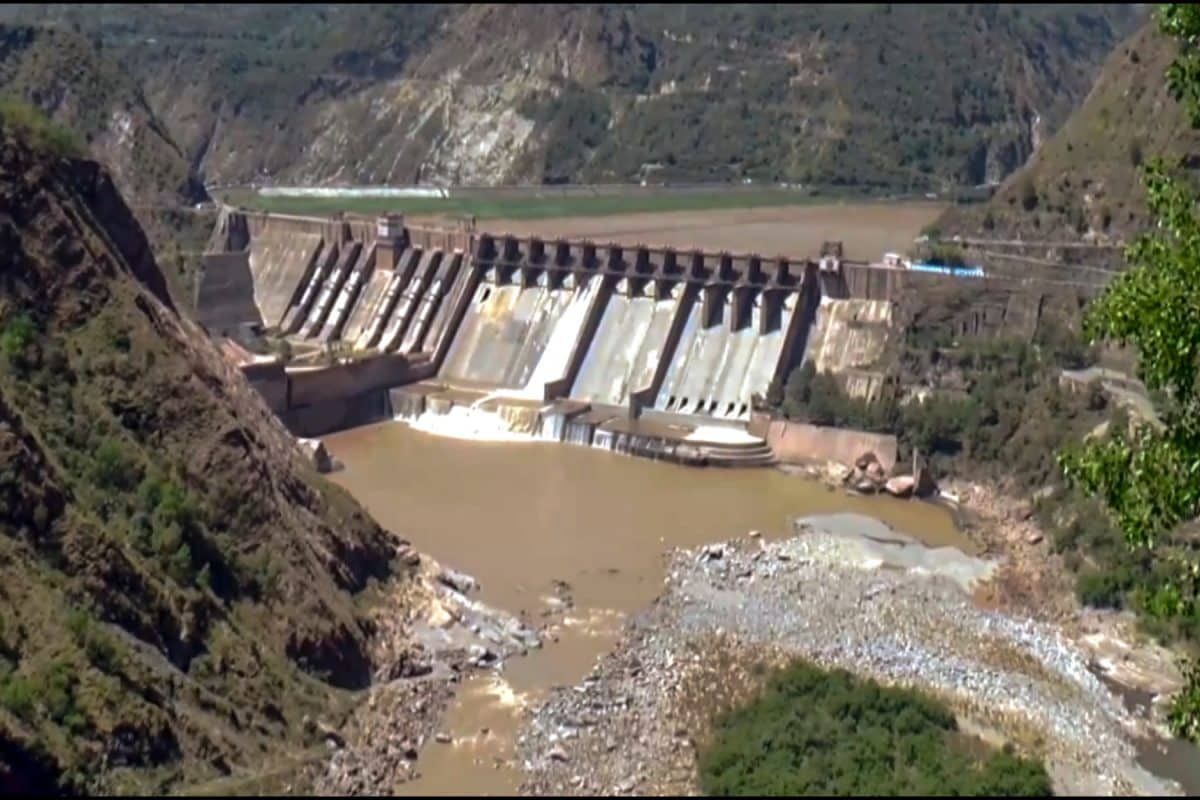

Pakistan is facing mounting pressure on multiple fronts, leading to increased calls for India to resume discussions under the Indus Waters Treaty (IWT). The treaty, a World Bank-brokered agreement from 1960 that has been a cornerstone of water resource management between the two nations, is now in jeopardy.
Tensions escalated following the deadly terrorist attack in Pahalgam on April 22, which resulted in the deaths of 26 people, mostly tourists. India has taken a firm stance, holding the IWT in abeyance until Pakistan credibly and irrevocably ceases its support for cross-border terrorism. According to Randhir Jaiswal, the spokesperson for the Ministry of External Affairs (MEA), the treaty was initially "concluded in the spirit of goodwill," but Pakistan has undermined these principles through its persistent promotion of cross-border terrorism.
In addition to suspending the IWT, India has implemented a series of economic and diplomatic measures aimed at pressuring Pakistan. These include the suspension of trade relations, which is expected to have a significant impact on Pakistan's already fragile economy. The Directorate General of Foreign Trade (DGFT) has imposed a complete ban on direct and indirect imports from Pakistan.
The IWT allocates the Western Rivers (Indus, Jhelum, and Chenab) to Pakistan and the Eastern Rivers (Ravi, Beas, and Sutlej) to India. Pakistan relies heavily on the Indus River system for its water needs, particularly for agricultural production. It is estimated that 80% of Pakistan's 16 million hectares of farmland and 93% of its total water use are dependent on the Indus, supporting a population of 237 million people and contributing a quarter of the country's GDP through crops like wheat, rice, and cotton.
The suspension of the IWT raises concerns about the reliability of water supply for Pakistan's agricultural sector and overall economy. While India retains the right to use the western rivers for non-consumptive purposes like hydropower and limited irrigation, it is restricted from storing or diverting water in ways that harm downstream access. Any large-scale dam or diversion project by India would take years to build, face geological challenges, and incur enormous financial costs.
Despite the ongoing tensions, a ceasefire between the two countries is mostly holding. However, the Indian government has made it clear that "terror and talks cannot go together," indicating that the resumption of the IWT discussions is contingent upon Pakistan taking concrete steps to end cross-border terrorism.
Pakistan's Deputy Prime Minister and Foreign Minister, Ishaq Dar, has warned that any tampering with the IWT or diversion of water would be considered an act of war. However, India has maintained its stance that the IWT will remain suspended until Pakistan credibly demonstrates that it has stopped supporting cross-border terrorism. The situation remains tense, with the future of the Indus Waters Treaty and the water security of Pakistan hanging in the balance.